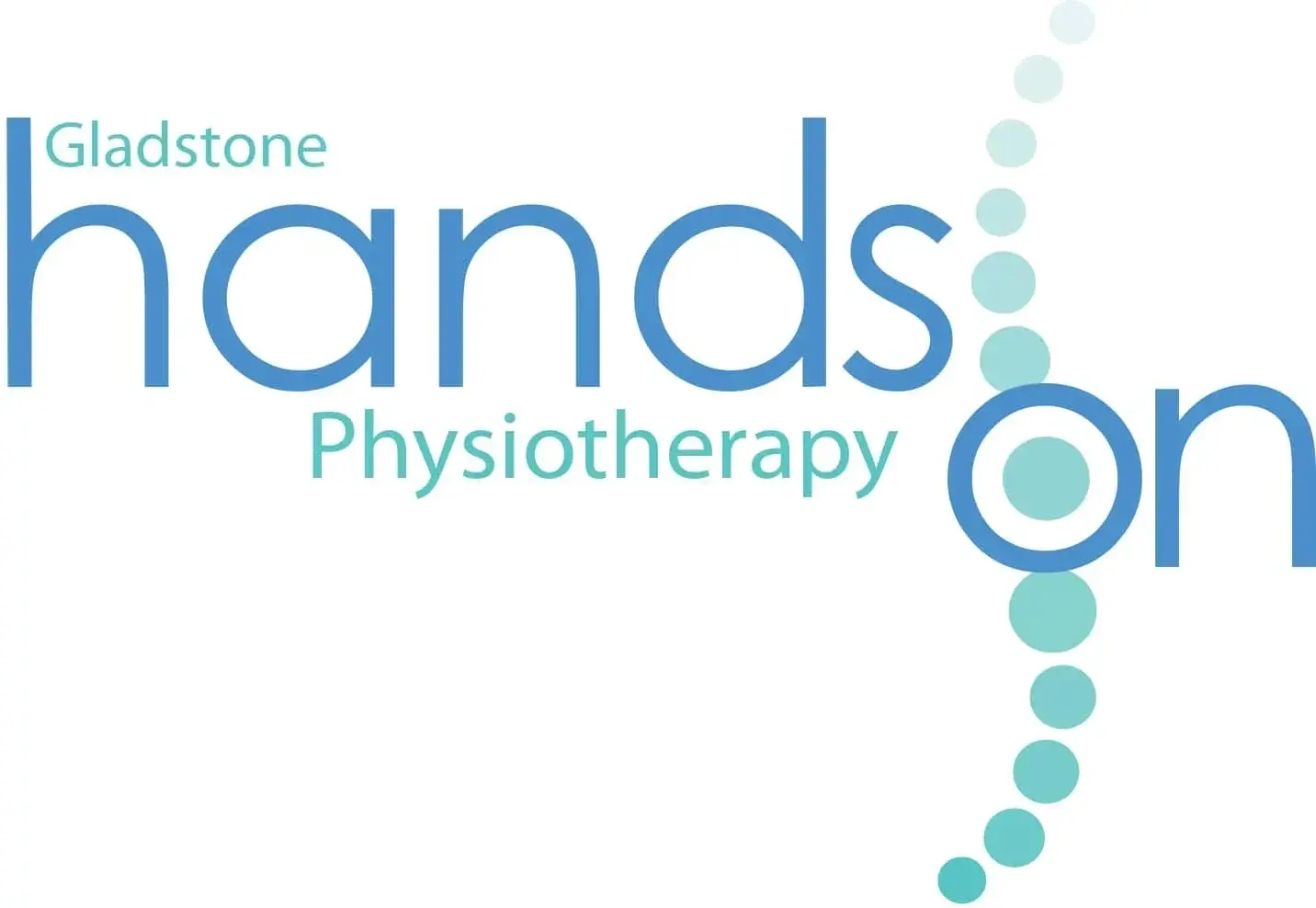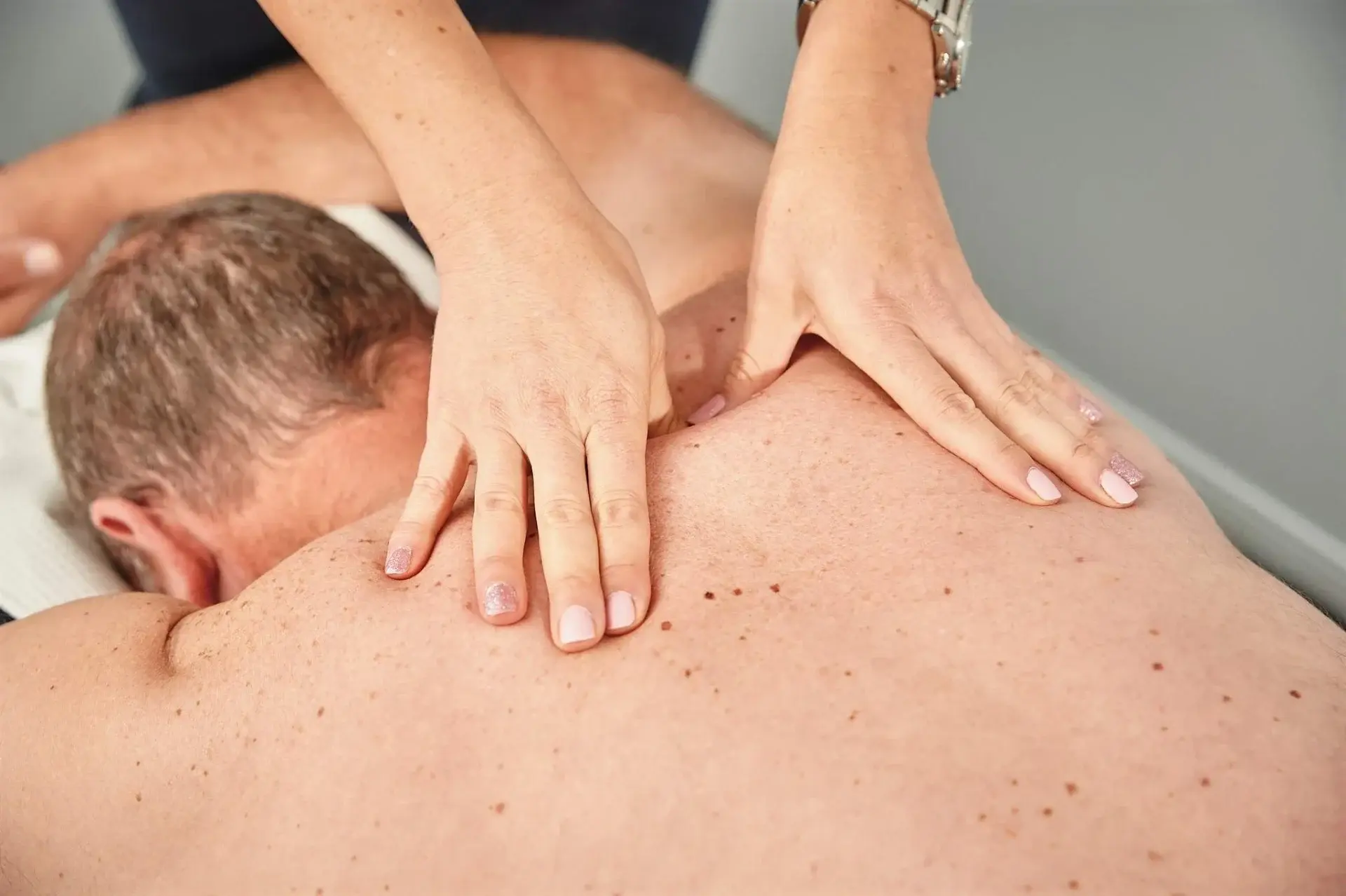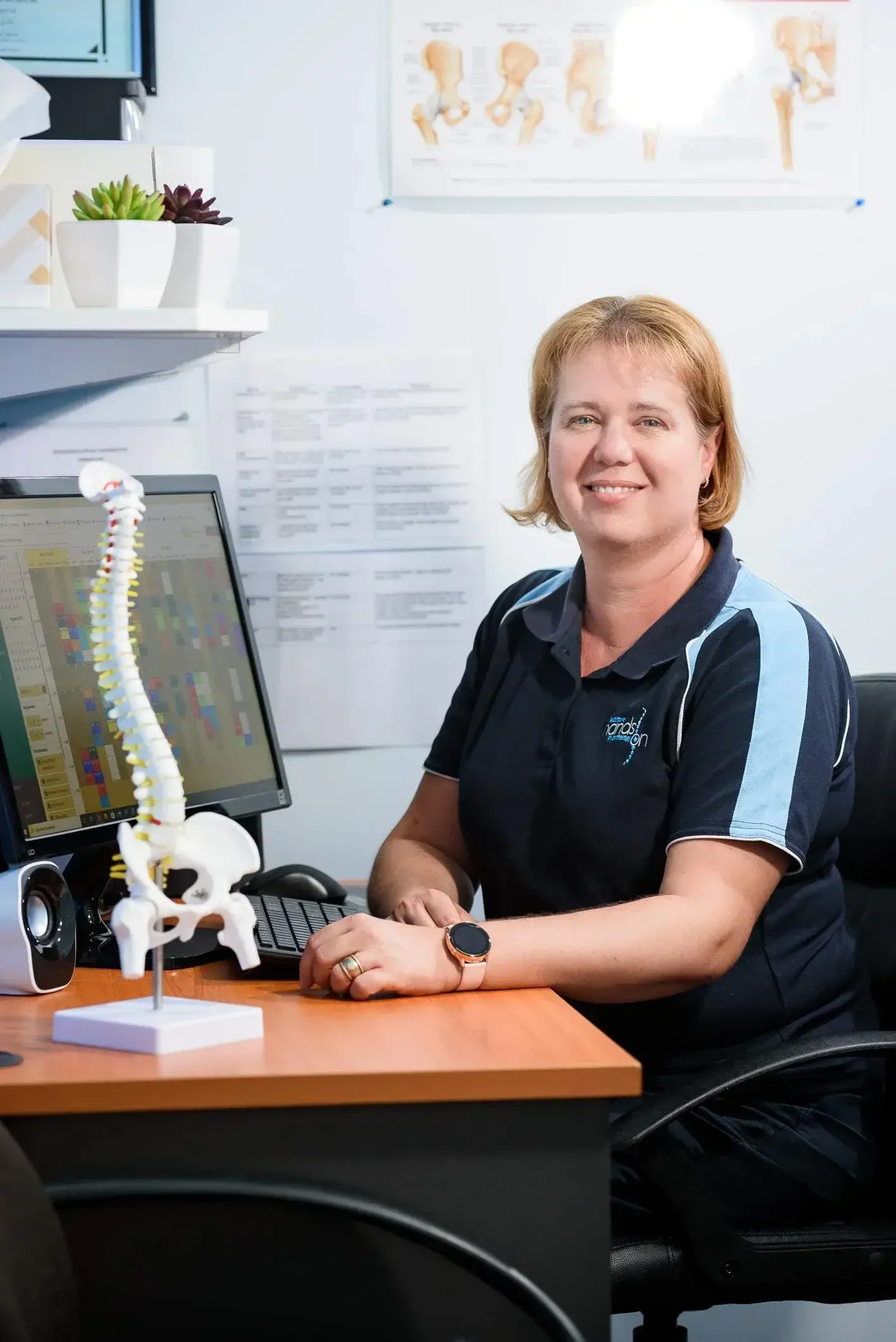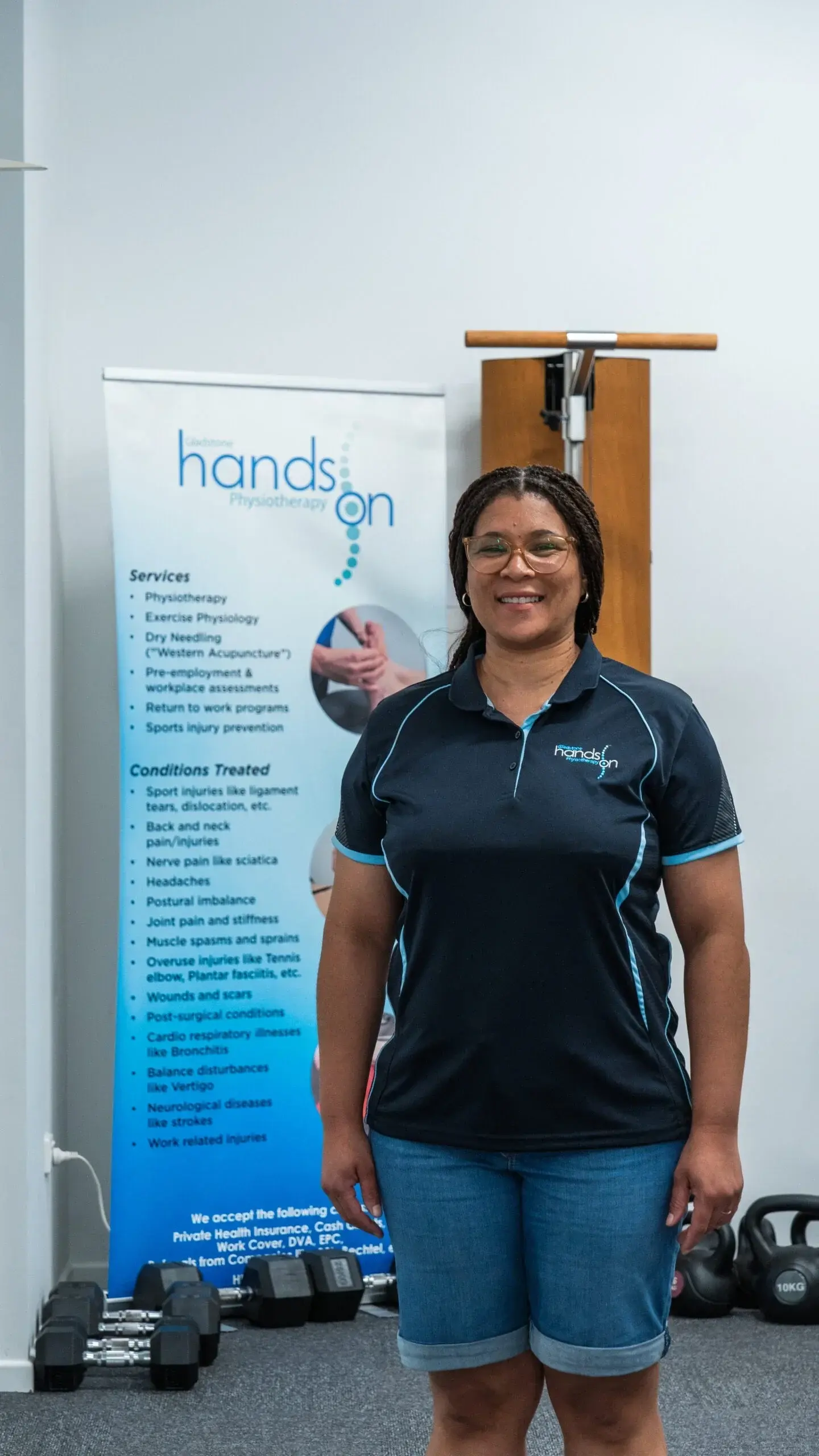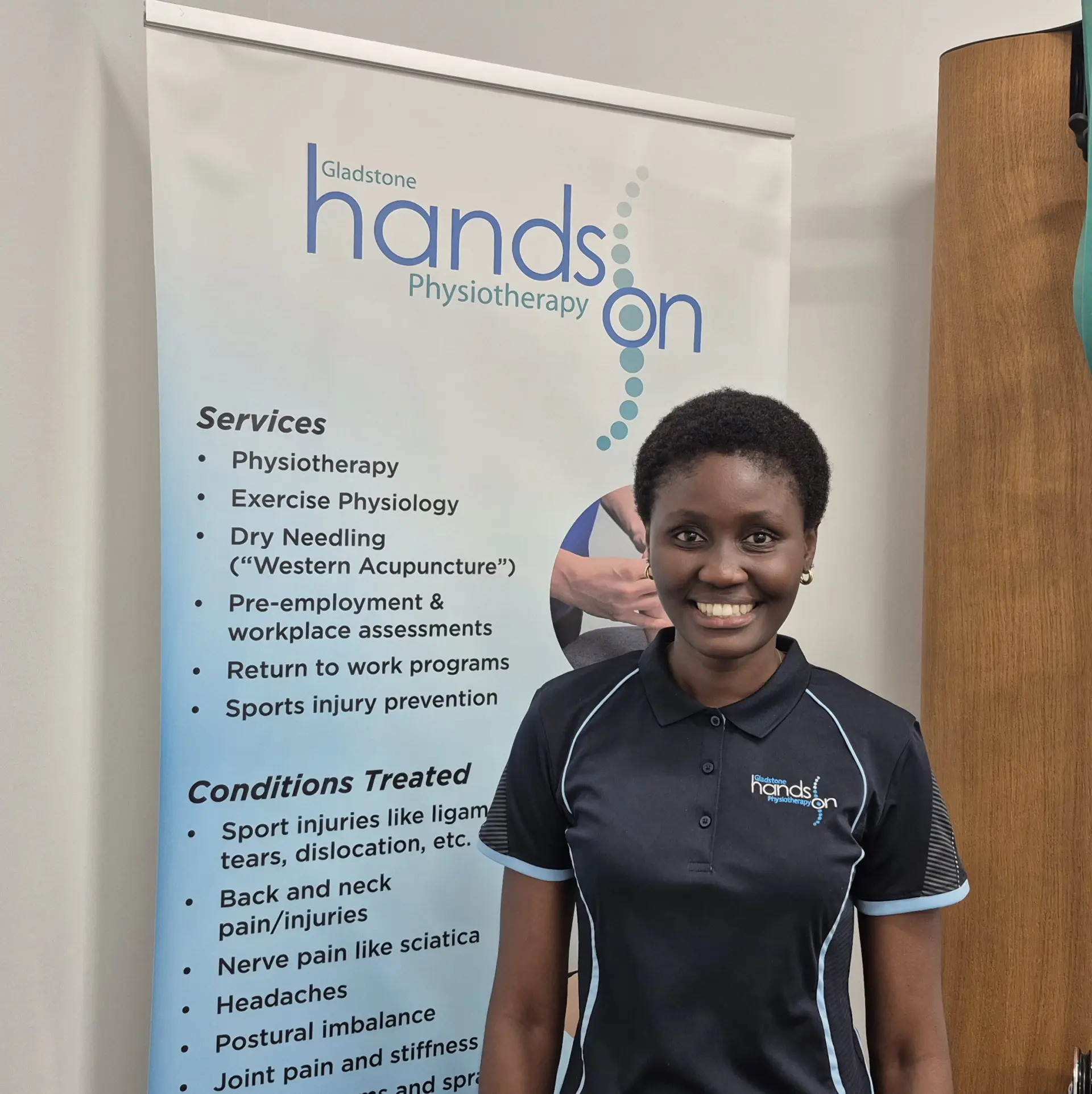Trigger points can refer pain to other areas of the body and can mimic the symptoms of Tennis elbow, joint pain, Carpal Tunnel syndrome, etc.
The physiotherapist will use her hands to push on the area to desensitise the trigger point. Laser may also be used to help deactivate the trigger point. Lactic acid builds up around the trigger point due to poor circulation. Pressing on the area and sustaining pressure, will help push out the lactic acid contained in the trigger point. When the pressure is released, a vacuum effect will draw in fresh blood circulation from the surrounding area and flush the area clean.
Trigger point therapy can be used for the following:
- Back pain
- Neck pain
- Muscle strain or injury
- Sports injuries
- Muscle stiffness
- Overuse injuries like tennis elbow
- Sciatica
What is a trigger point?
Trigger points are areas within the muscle that become hypersensitive and is characterised by a nodule of tightness within the muscle.
What is trigger point therapy?
Trigger point therapy is a technique used by a physiotherapist to release knotted muscles. In involves sustained pressure on the trigger point to push out lactic acid in the area, followed by releasing the pressure to help draw in fresh blood circulation from the surrounding area.
Is it painful when trigger point therapy is performed?
Yes, it can be painful when pressure is maintained over the trigger point. Typically, the pain slowly disappears with continued pressure until there is no pain at all. Once the pain subsides, the pressure is released, and the trigger point is deactivated.
